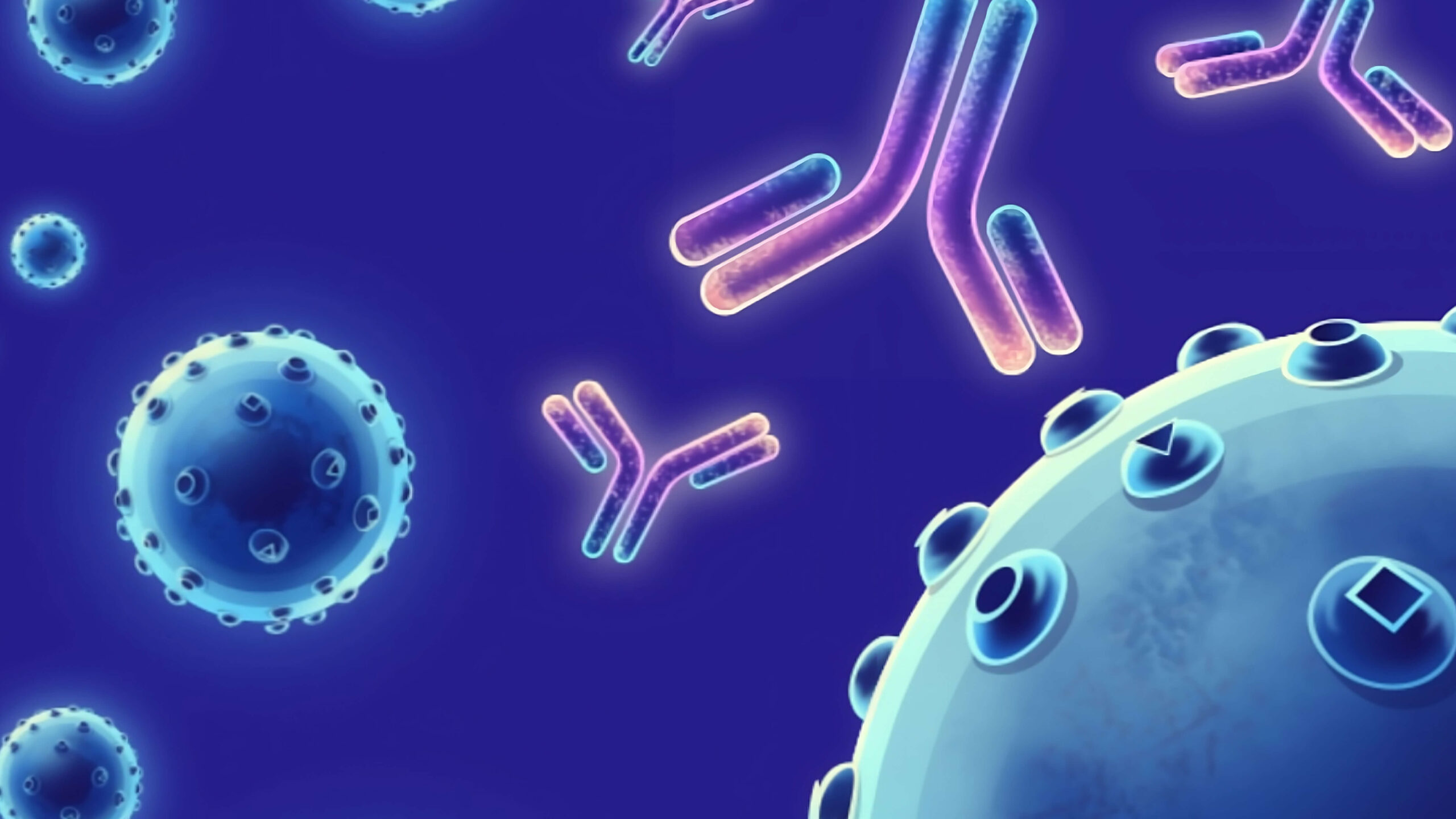Description
Syndecan-1 also known as SDC1 and CD138, is the most extensively studied member of the syndecan family. It is found mainly in epithelial cells, but its expression is developmentally regulated during embryonic development. Syndecan-1/SDC1/CD138 has been shown to mediate cell adhesion to several ECM molecules, and to act as a coreceptor for fibroblast growth factors, potent angiogenic growth factors involved also in differentiation. Syndecan-1/SDC1/CD138 expression is reduced during malignant transformation of various epithelia, and this loss correlates with the histological differentiation grade of squamous cell carcinomas, lacking from poorly differentiated tumours. In squamous cell carcinomas of the head and neck, positive syndecan-1 expression correlates with a more favourable prognosis. Experimental studies on the role of Syndecan-1 in malignant transformation have shown that Syndecan-1/SDC1/CD138 expression is associated with the maintenance of epithelial morphology, anchorage-dependent growth and inhibition of invasiveness in vitro.
Target
SDC1
Target Alias Names
CD138, SDC, SYND1, syndecan, Syndecan-1
Isotype/Mimetic
Rabbit IgG
Animal-Derived Biomaterials Used
Yes
Sequence Available
No
Original Discovery Method
Phage display technology
Antibody/Binder Origins
Animal-dependent discovery (in vitro display, OR immunisation pre-2020), In vitro recombinant expression, Animal-derived biomaterials used in production or final formulation

